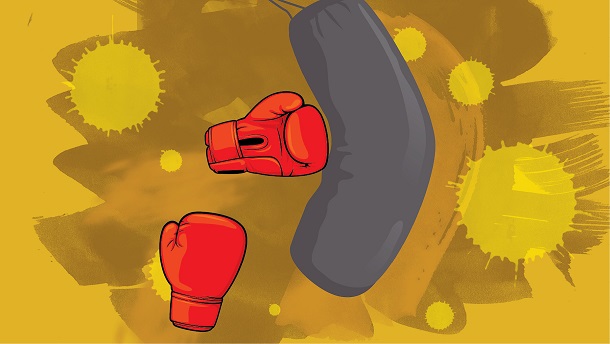
Summary: Navigating the intense pressure at work requires resilience, but this time of change is special—it also requires leaders to take a step back, to engage their most innovative and strategic thinking, and to practise a unique self-discipline that will enable them to activate their organisations for a new world.
Log In or become an AIMA member to read more articles
